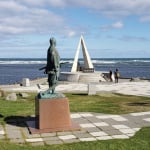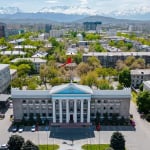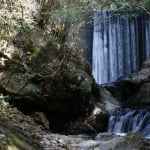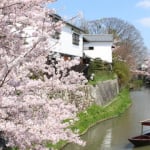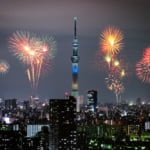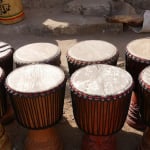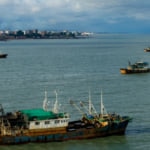Please note that the information provided may be outdated or subject to change. For the latest updates, be sure to check official sources such as MOFA.
Official/Related Website URL: http://www.anzen.mofa.go.jp/info/pcinfectionspothazardinfo_099.html#ad-image-0
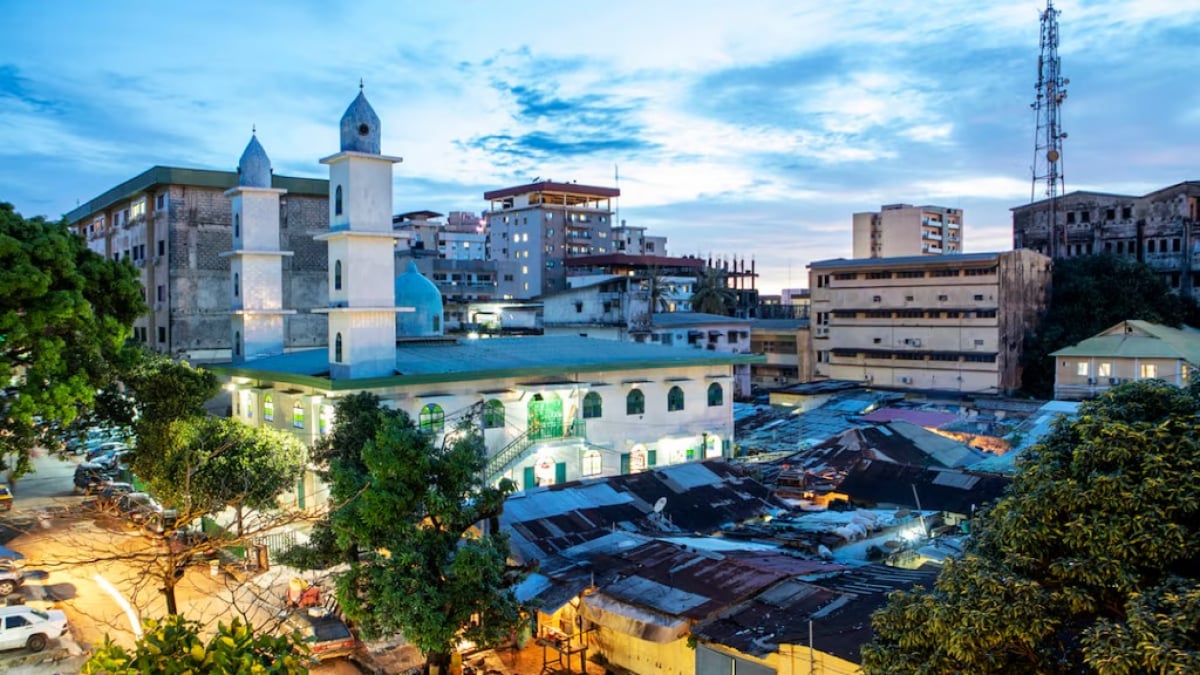
Relatively Safe but Still Caution Required in West Africa! Security Information about the Republic of Guinea
The Republic of Guinea, commonly referred to as Guinea, is located in West Africa and shares borders with Mali, Côte d'Ivoire, Liberia, Sierra Leone, and Senegal. Guinea is home to several attractive tourist spots such as the Los Islands and the Mount Nimba Strict Nature Reserve. But what about its security situation?
Guinea was once colonized by France and became independent in 1958, ahead of other colonies. Here is the latest security information about Guinea in West Africa.
table of contents
[x] close
Relatively Safe but Still Caution Required in West Africa! Security Information about the Republic of Guinea
1. Areas Near National Borders Are Dangerous
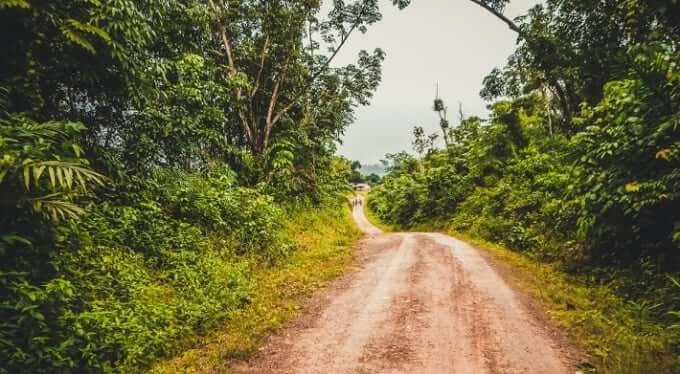
As of August 2018 (according to the Ministry of Foreign Affairs' overseas safety information), the security level in Guinea is Level 2 — meaning "Avoid non-essential travel." Extra caution is advised near borders with Côte d'Ivoire, Mali, Sierra Leone, and Liberia, where the security situation is particularly unstable. In 2013, an incident occurred involving conflict between citizens of Guinea and Côte d'Ivoire.
Following the civil war in Côte d'Ivoire, the Guinean government strengthened security near the border. Although no major incidents have occurred since, vigilance is still needed. At the border with Mali, a deadly incident occurred due to a dispute over a gold mine. Meanwhile, ongoing river disputes with Liberia make it advisable to avoid border areas altogether.
2. Security in the Capital Conakry Is Also Influenced by Political Conditions
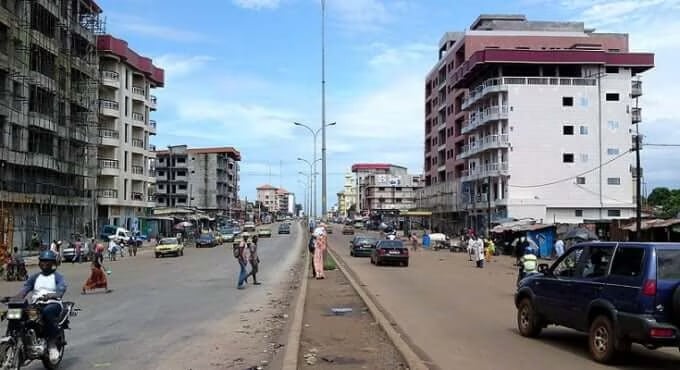
In Conakry, Guinea’s capital facing the Atlantic Ocean, travelers should be cautious. During presidential election periods, violent clashes occurred, resulting in casualties. The security situation tends to deteriorate during political milestones, so make sure to check the latest political developments before traveling to Guinea.
In the past, frequent water and power outages in Conakry led to citizens throwing rocks at cars and blocking roads. Since the hydroelectric power plant began operations, such issues have subsided, but one should not be complacent. When staying in Conakry, prepare for potential water shortages or security problems by stocking ample drinking water at your hotel.
3. Watch Out for Pickpocketing and Bag Snatching at Markets

Although Guinea is considered relatively safe within West Africa, theft is still a major issue, and preventive measures are necessary. In markets and other crowded areas, pickpocketing and bag snatching are common. With so many eye-catching items around, it’s easy to let your guard down. To stay safe, use a wallet with a chain or carry only the minimum amount of cash.
In Guinea, foreigners—particularly Asians—stand out. Basic precautions for international travel are essential: avoid flashy clothing, don’t wear noticeable jewelry, etc. Some tourists have reported that carrying pepper spray helped them in emergencies. If you do choose to travel to Guinea, do everything you can to minimize the risk of becoming a crime victim.
4. Be Cautious of Police Officers Too
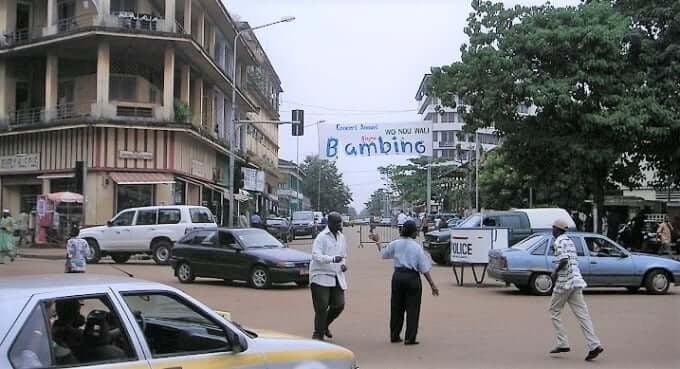
Police officers are supposed to maintain public safety and offer reassurance to tourists—but in Guinea, that is not always the case. Some travelers have had bad experiences with the police. Due to low wages and delayed payments, some officers resort to extorting money from locals and tourists alike.
There have been reports of police stopping foreigners under the guise of “checkpoints” and demanding money, or forcing tourists off buses and not letting them go until they pay up. Things seem to have calmed down somewhat under the new administration, and cases of unfair monetary demands have decreased. Still, it’s best to take responsibility for your own safety when traveling in Guinea.
5. Security Deteriorates Sharply at Night
Nights in Guinea—even in the capital Conakry—are dark. The country lacks street lighting, so people rely on flashlights or lanterns. The darkness creates a higher risk of crime, so avoid going out at night. There was a case where a tourist was chased by a suspicious person at night and barely escaped.
Especially for women, walking alone at night is out of the question. As mentioned earlier, the police do not have a good reputation, and they are known to extort money under the cover of night when there are fewer witnesses. Since you could be caught up in crimes unimaginable, make sure to only go out after sunrise.
◎ Summary
This was a summary of Guinea’s security situation. Although travel to the country is not banned, the level of safety is significantly low. Avoid areas known to be dangerous and do not go out after dark. If you plan to visit Guinea, use this safety information as a reference and carefully plan a safe and cautious trip.
RELATED ARTICLES
REGIONS
CATEGORIES
FEATURED ON Guinea
MOST POPULAR ON Guinea
-
 1
1How to See the Hot Spring Bathing Snow Monkeys in Japan
-
 2
2A Guide to Visiting Japan in Winter: Weather, Clothing and Tips
-
 3
3What is a Bothy? Stay For Free in Scotland As Long As You Follow These Rules
-
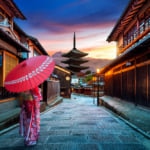 4
410 Things You Should Do When Visiting a Shrine or Temple in Japan
-
 5
5A Guide to Flying with Cebu Pacific: Airline Review and What to Expect

